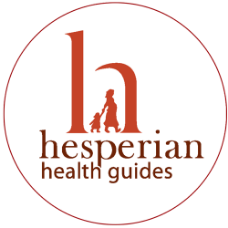Hope and action arise from tragedy
In 2013, the ongoing difficult and dangerous working conditions plaguing the global clothing industry tragically became headlines when the Rana Plaza factory building in Dhaka, Bangladesh collapsed, killing 1,134 people and leaving thousands injured. Building on years of worker safety advocacy, Hesperian and the Maquiladora Health and Safety Solidarity Network (MHSSN) connected with our contacts in Bangladesh to explore ongoing, sustainable responses to the disaster. After a year of discussion, the Occupational Health and Safety (OHS) Initiative for Workers and Communities in Bangladesh was launched.
The OHS Initiative, built by 6 Bangladeshi workers’, womens’ and public health organizations, with support from Hesperian, MHSSN, and OHS programs at UCLA and UC Berkeley, has completed its first phase of operations, described here by Bangladeshi journalist Moyukh Mahtab. The report describes how the project first trained 88 “Master Trainers” who in turn have trained 6,450 workers and community members in 280 sessions on a wide range of OHS issues. Their work has led to the establishment of workplace gender committees, health and safety committees, and new unions.
When the COVID crisis hit, the OHS Initiative was well positioned to help, bringing relief efforts to hard-hit working-class neighborhoods in Dhaka, setting up 2 clinics, establishing a medical advice hotline, distributing information, food and medicine, countering gender-based violence, and training people in psychological First Aid techniques.
Hesperian is extremely proud of our work as part of the OHS Initiative. It is a profound and successful example of joining groups focused on gender, labor and public health to expand and strengthen the work of all. The Bangladesh OHS Initiative provides a concrete model for intersectional organizing around health issues that will be useful everywhere, including the United States.

